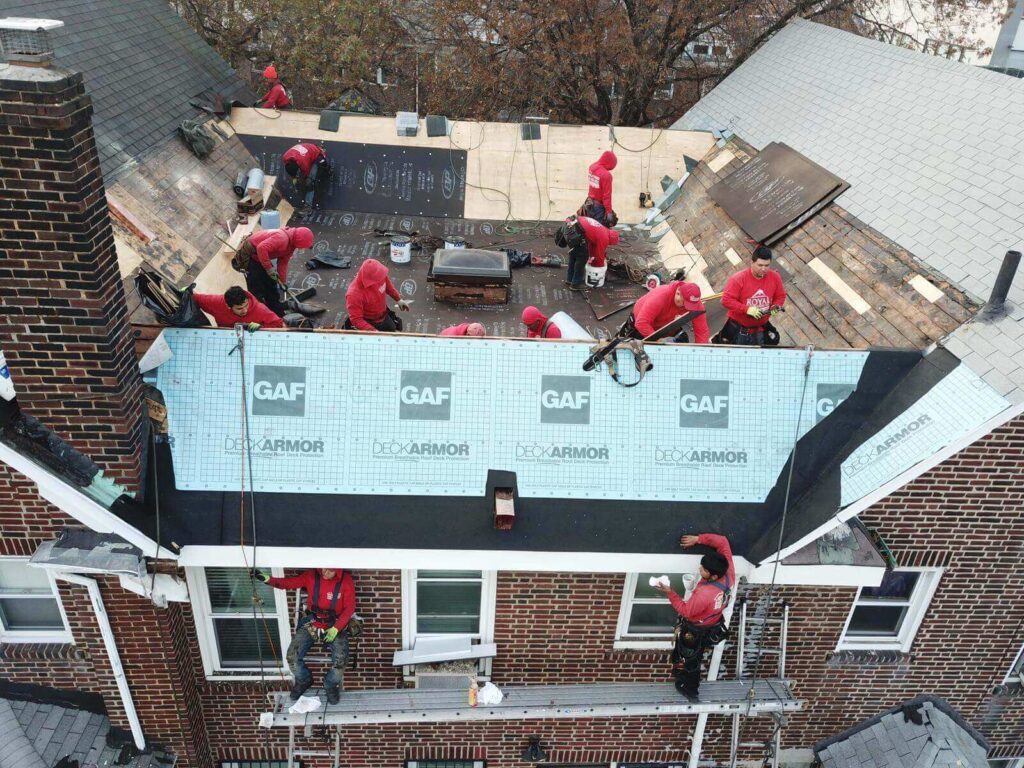How To Become A Roofer: Roofing Training And Certification

We often see different type of bodied men either installing or repairing a roof, some of these men will be hefty while others might be a little bit slim, this is to show that being a professional roofer doesn’t have to do body shape but from experience. No one can just wakeup, take-up a hammer and begin climbing rooftop to change or insert a new roof. It takes practice to be able to tangle in the roof, balance and also be able to execute the mission correctly. Aside from being able to roof, to be called a professional roofer, you ought to be certified. Yes, there is certification in roofing just like we have in a career. That is to show what many may see as a common hustle is a career that tuition is paid for to acquire.
Becoming a certified roofing contractor is a very good way of proving to potential clients that you are knowledgeable and experienced in your field. The training and education you gain will not only allow you to be more confident and professional in your work but having a certification can make you more appealing to potential customers than another competitor who doesn’t. There are no particular national certification programs, as each state is allowed to set its guidelines and operates its certification programs. A common thing within the inter-state program is that many of the requirements are similar from state to state, which eases the process of becoming certified immediately.
What does a roofer do?
A roofer mainly works on either pitched (sloped) or flat roofs using one of the following methods:
Sloped roof: tiling and slating, using synthetic or traditional slates or roof tiles
Flat roof: spreading a waterproof bitumen layer (known as built-up felt roofing) or fitting felt sheets
Things needed to become a roofer
You may be able to get into this career by completing an apprenticeship with roofing or a building company. Working as a roofing laborer is also a common way into this career; it will give you the on-site experience employers often seek. Once you’re working and seem determined, your employer may consider giving you further training in roofing techniques, maybe for a less fee or free. A second option is to take a college course in general construction skills or more specific training like the Level 2 Diploma in Roof Slating and Tiling.
Personal requirements of a Roofer
- Physical fitness
- Good hand-eye coordination
- Enjoy practical and manual activities
- Good sense of balance
- Numeracy
- Willing to work at heights and outdoors
- Ability to understand technical plans
- Teamwork
In conclusion, becoming a roofer is not as easy as it looks; it also takes several practices to be perfect. This is the reason it’s always advised to seek the hands of professional roofers for any roofing problems one might have because trying to outsmart yourself might lead to more damage and possibly an injury to yourself. The injury sustained during roofing is noting anyone would want to experience.
